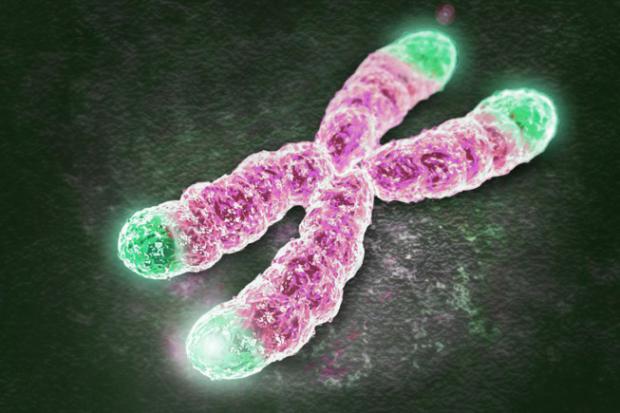
Breaking News
 Is Yen Carry Trade's unwind about to trigger a repo market meltdown? Let's dive into the mec
Is Yen Carry Trade's unwind about to trigger a repo market meltdown? Let's dive into the mec
 Chairman Rand Paul Releases New Report Revealing Hundreds of Billions...
Chairman Rand Paul Releases New Report Revealing Hundreds of Billions...
 Get Schiffty Music Video | Rick and Morty | Adult Swim
Get Schiffty Music Video | Rick and Morty | Adult Swim
Top Tech News
 This tiny dev board is packed with features for ambitious makers
This tiny dev board is packed with features for ambitious makers
 Scientists Discover Gel to Regrow Tooth Enamel
Scientists Discover Gel to Regrow Tooth Enamel
 Vitamin C and Dandelion Root Killing Cancer Cells -- as Former CDC Director Calls for COVID-19...
Vitamin C and Dandelion Root Killing Cancer Cells -- as Former CDC Director Calls for COVID-19...
 Galactic Brain: US firm plans space-based data centers, power grid to challenge China
Galactic Brain: US firm plans space-based data centers, power grid to challenge China
 A microbial cleanup for glyphosate just earned a patent. Here's why that matters
A microbial cleanup for glyphosate just earned a patent. Here's why that matters
 Japan Breaks Internet Speed Record with 5 Million Times Faster Data Transfer
Japan Breaks Internet Speed Record with 5 Million Times Faster Data Transfer
 Advanced Propulsion Resources Part 1 of 2
Advanced Propulsion Resources Part 1 of 2
 PulsarFusion a forward-thinking UK aerospace company, is pushing the boundaries of space travel...
PulsarFusion a forward-thinking UK aerospace company, is pushing the boundaries of space travel...
 Dinky little laser box throws big-screen entertainment from inches away
Dinky little laser box throws big-screen entertainment from inches away
 'World's first' sodium-ion flashlight shines bright even at -40 ºF
'World's first' sodium-ion flashlight shines bright even at -40 ºF
Scientists claim they've completed the first successful gene therapy against human ageing

The CEO of Bioviva USA Inc, Elizabeth Parrish, claims to be the first human in world history to have successfully reversed the effects of natural ageing - thanks to experimental gene therapy provided by her company.
Parrish first underwent gene therapy in 2015 - one designed to protect against muscle mass depletion that is inherent to ageing and another to fight stem cell depletion due to age-related diseases.
Originally meant to prove that her company's gene therapy was safe, the results - should they prove to be effective in the long-term and withstand due scientific scrutiny - would be the very first successful demonstration of telomere lengthening in any human.
"Current therapeutics offer only marginal benefits for people suffering from diseases of ageing. Additionally, lifestyle modification has limited impact for treating these diseases. Advances in biotechnology is the best solution, and if these results are anywhere near accurate, we've made history," Parrish notes.



